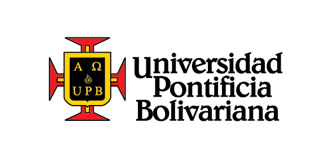Characterization of the Guinea Pig Production Chain in Southern Colombia and Identification of Determining Factors for Adequate Provision of Extension Services
View/
Date
2023Publisher
Corporación colombiana de investigación agropecuaria - AGROSAVIAPalabras clave
Citación
Metadata
Show full item record
Documents PDF
Abstract
The development of agrifood systems in Latin America reflects contrasting policy goals. Most
governments advocate that “modernization,” measured as increased rates of technology adoption, is the way to
address persistent food insecurity. By contrast, peasants’ and indigenous people’s organizations and social
movements propose advancing knowledge co-production and co-innovation to increase the resilience of agrifood
systems. Colombia reformed the National Innovation System for Agriculture in 2017. The policy reform instructed
transitioning from providing “technical advice” to rural extension services. The research aimed to fill the knowledge
gap regarding the transition to rural extension along the guinea pig production chain. In addition to characterizing
the production chain, we conducted qualitative and reflectivity analyses to understand better how institutional
practices and research cultures hinder or promote transitioning to rural extension. The investigation revealed that
small-scale farmers who rely on the production and commercialization of guinea pigs as a livelihood strategy have
continued receiving advice to adopt the latest technologies. In closing, besides addressing technological deficits or
inefficiencies, a systemic approach that considers cultural context and identity must integrate into rural extension to
ensure technological adoption is aligned with the sustainability and resilience objectives of the guinea pig production
chain.
Part of the journal
-
Ciencia y Tecnología Agropecuaria; Vol 24, Núm.3 (2023): Ciencia y Tecnología Agropecuaria; p. 1-18.
Collections
Comments
The following license files are associated with this item:





























